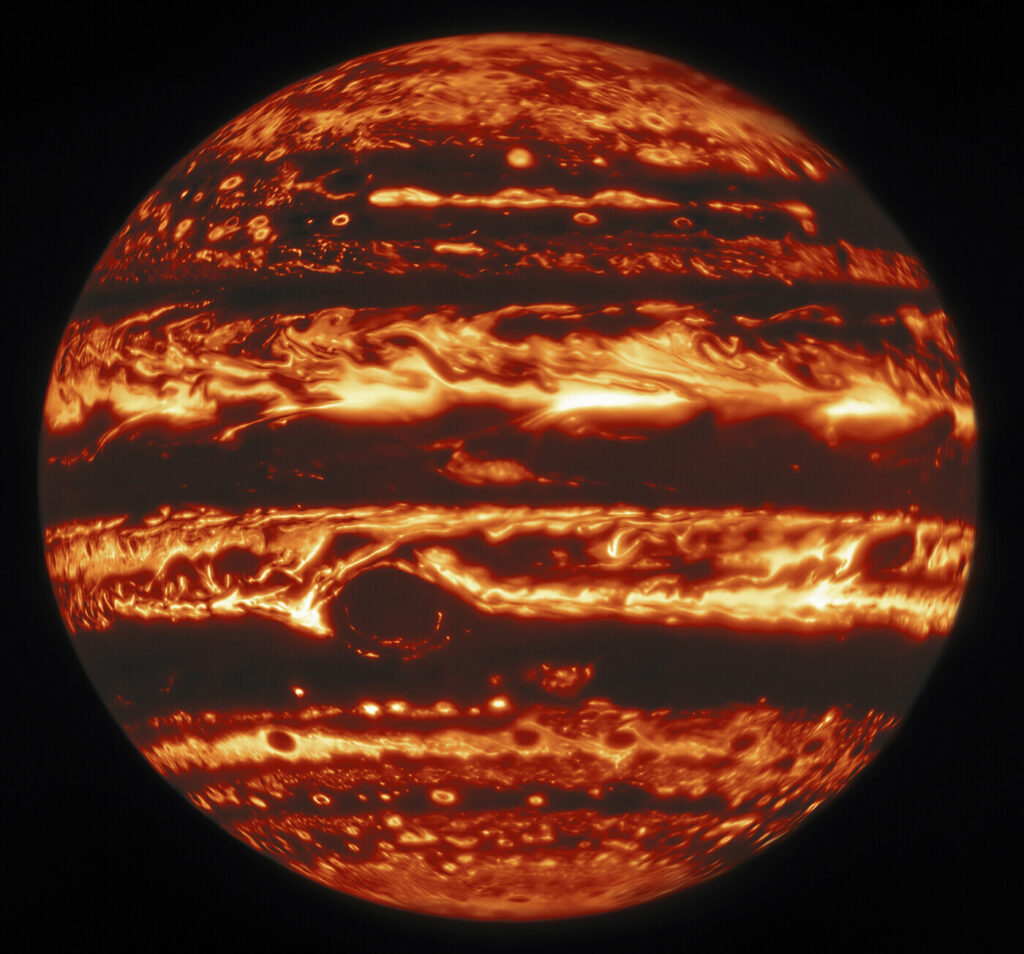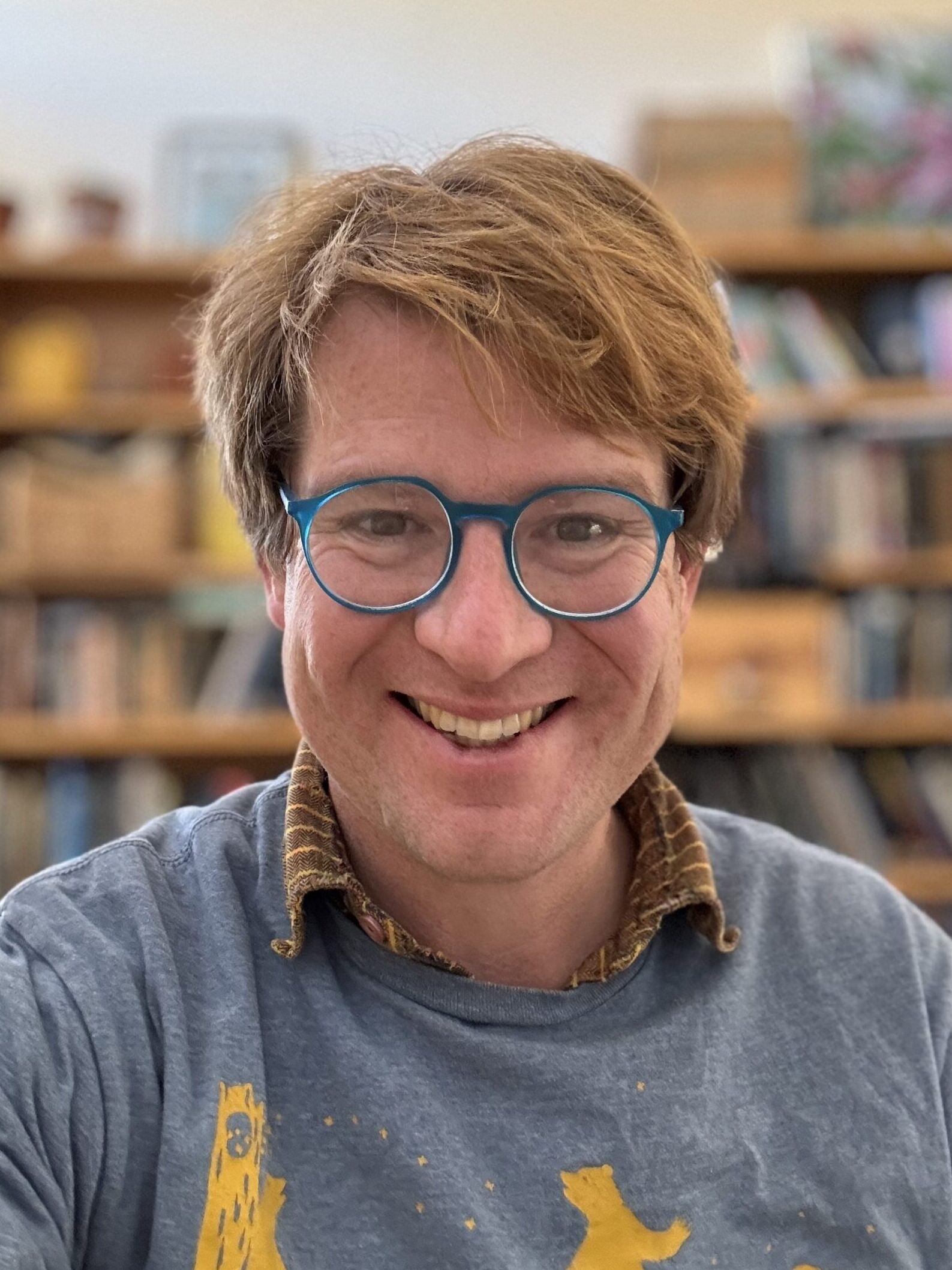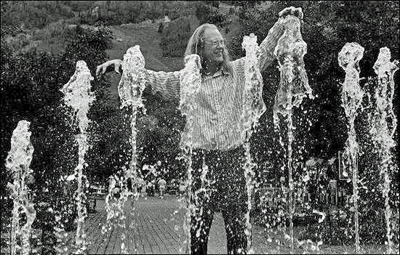

Public Lecture
The Glow of Distant Worlds
Zach Berta-Thompson
University of Colorado Boulder
Wed, Apr 2, 5:30–6:30pm
Everything glows. Everything emits light. Stars and light bulbs emit visible light we can see with our eyes; planets and people emit infrared light that can be felt as heat or seen with infrared cameras. In this talk, we will explore how astronomers use infrared light and the new James Webb Space Telescope (JWST) to observe planets orbiting other stars. These “exoplanets” are so distant they will never appear as anything more than mere flickering points of light in the sky. Yet, by carefully observing exoplanets’ thermal infrared glow, we can determine whether they have atmospheres, what those atmospheres are made of, and what their climate is like. From the blazing fires of gas giants orbiting just above their stars to the tenuous atmospheres of rocky planets, we will tour a Universe of weird worlds now being observed by JWST. Looking back at our own precious planet, we will explain how infrared light governs the delicate energy balance that lets us live on Earth. Looking out into the future, we will touch on how astronomers plan to use light to search for alien life on habitable exoplanets outside the Solar System in the decades to come.

About Zach Berta-Thompson
Zach Berta-Thompson is an astronomy professor in the Department of Astrophysical and Planetary Sciences at the University of Colorado Boulder. He uses large and small telescopes, both on the ground and in space, to observe exoplanets orbiting other stars and to characterize their atmospheres. He views each exoplanet as a laboratory experiment that can help us understand the processes that sculpt planetary evolution, and he builds methods and models in careful steps toward eventually determining whether life exists outside the Solar System. Zach grew up as the son of two ceramic artists in Michigan, he studied with caring astronomers at Princeton, Harvard, and MIT, and he started as a professor in Colorado in 2016. He leads a team of researchers and teaches students to practice using curiosity, creativity, coding, and kindness to learn more about how worlds work. Beyond astronomy, he enjoys yarn crafts, hiking with toddlers, and plants.
Nick and Maggie DeWolf Public Lecture Series
The Nick and Maggie DeWolf Foundation has sponsored our winter public lecture series since their inception in 1985. The Nick and Maggie DeWolf Foundation is a nonprofit organization based in Aspen, Colorado. Its core tenet is to provide support to groups and organizations interested in improving the quality of life and education in the world. During the winter, Aspen Center for Physics hosts week-long conferences, and during each conference one of the conference participants is asked to give a public physics talk. You can watch past talks on our YouTube channel here.
